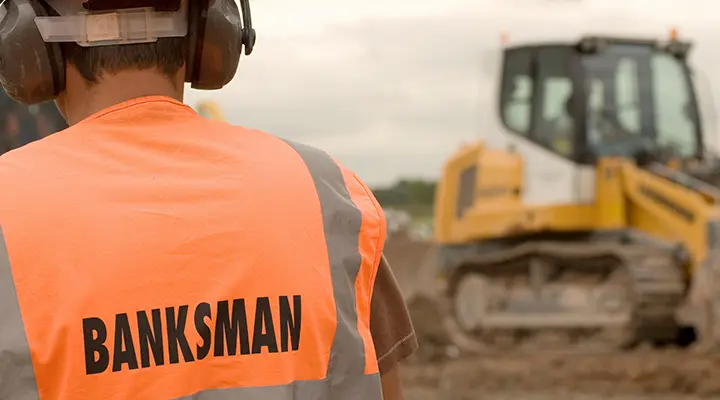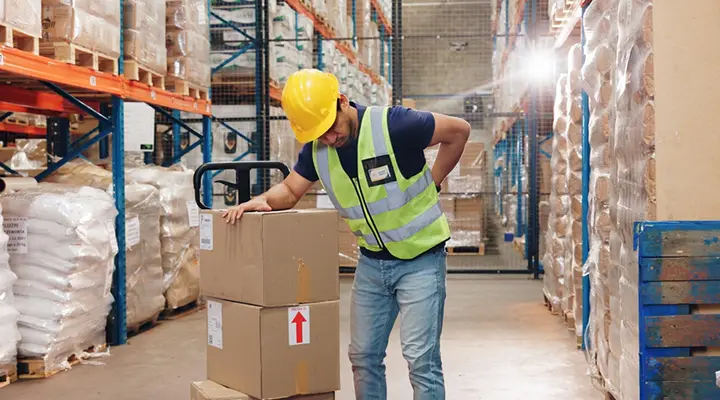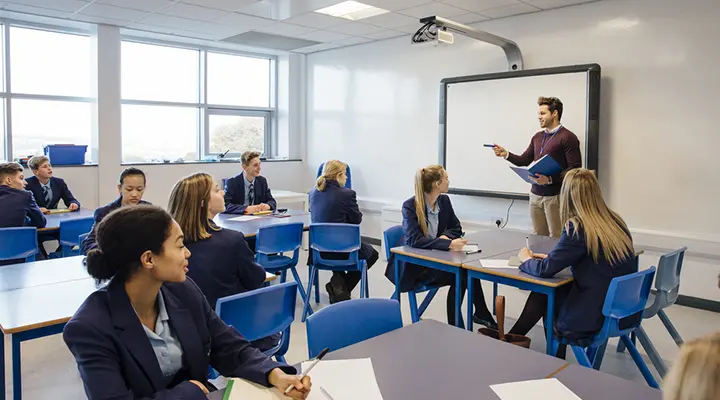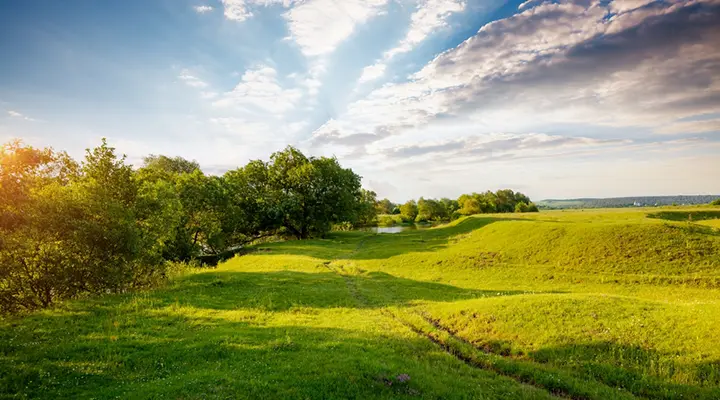If you’ve ever felt a deep sense of dread while reading the news about melting glaciers, wildfires, or biodiversity loss, you’re not alone. That knot in your stomach? The overwhelming guilt over your carbon footprint? The paralysis when trying to make “sustainable” choices? Those feelings have a name: eco-anxiety.
What Is Eco-Anxiety?
Eco-anxiety is the chronic fear of environmental doom. It isn’t classified as a mental illness, but it’s a legitimate response to the global environmental crisis. Unlike generalised anxiety, which might focus on uncertain events, eco-anxiety is rooted in the very real and scientifically validated knowledge that our planet is undergoing rapid ecological change.
Some people experience eco-anxiety as a gnawing background worry, while others feel it more intensely. They might have panic attacks triggered by climate news, insomnia after watching a nature documentary, or deep grief for the world that future generations might inherit.
Crucially, eco-anxiety doesn’t mean you’re overreacting or “too sensitive.” On the contrary, it shows that you care about the world and the people in it. That’s a powerful thing. But there are ways to feel better. And when you’re in a happier and healthier place, it becomes easier to become part of the solution.
How Eco-Anxiety Can Hold Us Back
Eco-anxiety can feel all-consuming. When we think about the species that have already gone extinct or the people struggling with famine, it’s natural to feel helpless. Being upset by the suffering in the world doesn’t mean you’re doing anything wrong. But if we get stuck in these difficult feelings, it can stop us from taking meaningful action.
Anxiety can paralyse. It can tell us: What’s the point? It’s too late. Nothing I do matters. I may as well just live my life to the max and not bother trying to make a difference.
These aren’t the kind of thoughts that inspire us to think of solutions or make positive changes to our lifestyle. So even if it’s important to respect our feelings, the world needs us to work through them so we can roll up our sleeves and start doing something.
How Eco-Anxiety Affects Mental and Physical Health
Eco-anxiety can manifest in a range of emotional and physiological symptoms:
- Chronic stress and tension, which can lead to headaches, digestive issues, or weakened immunity
- Sleep problems, including nightmares about environmental disasters
- Feelings of guilt, shame, or powerlessness, especially around our own lifestyle choices
- Ruminating thoughts that make it hard to focus or enjoy everyday life
- Emotional exhaustion or burnout from constantly trying to “fix” things
- Disconnection from community, joy, or even nature itself (despite loving it deeply)
Left unchecked, these effects can compound over time. But here’s the good news: eco-anxiety doesn’t have to swallow you whole. In fact, it can be transformed into a force for good.
When to Get Support
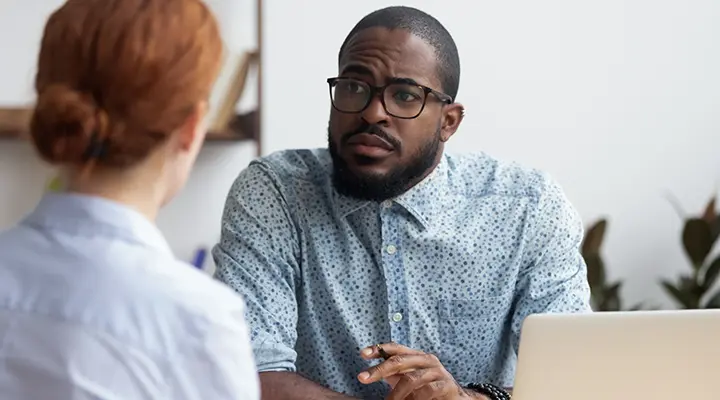
If eco-anxiety begins to interfere with your daily life, it may be time to seek help. That help can take many forms:
- Talking to a therapist or counsellor familiar with climate-related distress
- Talking to your doctor about other forms of medical support while you get back on your feet
- Taking breaks from the news and social media so you stop feeding your sense of doom
- Spending intentional time in nature, which can help reduce your anxiety, as well as reminding you why it’s worth fighting for
- Learning more about the environment and what you can do to help, by taking online courses such as Environmental Awareness
- Working with a coach who understands both the emotional weight of eco-anxiety and how to turn it into something constructive
Finding Your Way Through
There is no one-size-fits-all answer to eco-anxiety. Some people need to channel their energy into activism. Others need to slow down, tend a garden, or care for animals. Some need to dig into the science, and others find solace in creative outlets like music.
Personally, I find getting outside to forage for food and take care of my animals helps me stay grounded. This gives me the energy to keep working as a climate change researcher and writer. And supporting my clients with eco-anxiety coaching is a small way I can make a difference. But if I didn’t take care of myself with nature walks, it would be easy for eco-anxiety to overwhelm me, too.
There Is Still Hope
If nothing else, I’d like you to know that there is still hope for the Earth. But hope doesn’t come from sitting on the sofa and crossing our fingers that someone else will deal with the problems. Hope is a verb. It’s about getting your hands in the dirt and your boots in the forest, and finding an active way to contribute to your community.
